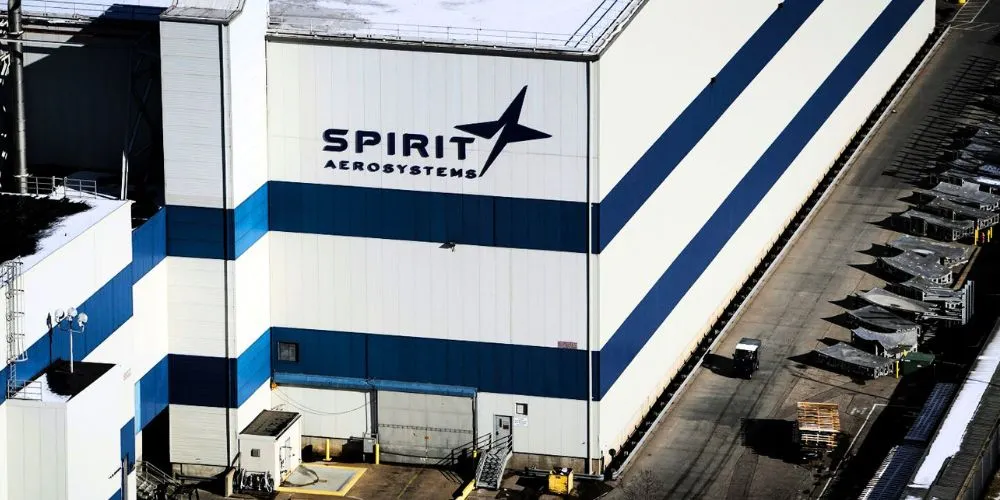Key Points:
- Boeing’s decision follows a recent 737 MAX crisis and aims to address safety and production issues.
- Spirit’s Shanahan is a potential candidate for Boeing CEO following Dave Calhoun’s departure.
- Airbus will assume control of key activities at four Spirit plants, compensating Spirit with $559 million.
- Spirit plans to sell certain operations in Scotland, Malaysia, and Belfast.
Boeing (BA.N) has agreed to repurchase Spirit AeroSystems (SPR.N) for $4.7 billion in stock, while Airbus will assume control of Spirit’s loss-making Europe-focused activities. This transatlantic breakup has resulted in the rise of shares of all three companies.
The nearly two-decade independence of the world’s largest standalone aerostructures company ended as its two largest customers divided it. This move followed the latest Boeing 737 MAX crisis, triggered by a mid-air door plug blowout in January, casting doubt on the resilience of fuselage manufacturing.
Boeing, which spun off Spirit’s core Wichita and Oklahoma plants in 2005, announced it would buy back its former subsidiary for about $37.25 per share, giving it an enterprise value of $8.3 billion, including debt. “Bringing Spirit and Boeing together will enable greater integration of both companies’ manufacturing and engineering capabilities, including safety and quality systems,” said Spirit CEO Pat Shanahan.
Spirit shares rose 3.6% in early U.S. trading, while Boeing gained 2%. The deal offers a 30% premium compared to Spirit’s stock price before talks were disclosed on March 1. Analysts noted that Spirit struggled to thrive independently despite diversifying into work for Europe’s Airbus (AIR.PA) and others.
Boeing’s decision to proceed is due to its desire to resolve a major corporate and industrial crisis. The January 5 blowout of a door plug on a new Alaska Airlines 737 MAX 9 jet exposed significant quality problems, leading to a slowdown in Boeing’s production and affecting the global aviation industry.
Rating agency Fitch stated that the deal should be “operationally beneficial” to Boeing, allowing better planning and control over future 737 MAX production. Boeing also announced the planned departure of CEO Dave Calhoun amid the crisis, with industry insiders suggesting Spirit’s Shanahan, a former senior Boeing executive, could be a potential replacement.
Spirit was originally spun off from Boeing as part of cost-cutting measures. Boeing’s decision to buy back Spirit aims to address safety issues and stabilize its production line. It raised questions about the future of Spirit’s work for Airbus, prompting Airbus’ CEO to consider vetoing changes in control of its related plants.
On Monday, Airbus announced it would take over key activities at four Spirit plants in the U.S., Northern Ireland, France, and Morocco, along with minor operations in Wichita. This separate deal, coordinated between Boeing, Spirit, and Airbus, is subject to due diligence and includes $559 million in compensation from Spirit to Airbus.
Airbus shares rose by about 3.3% following the announcement. The European company pressed for compensation to take over Spirit’s loss-making operations, which produce parts for the A350 and A220 airliners. Airbus will pay a symbolic $1 for these assets, reminiscent of its acquisition of Bombardier’s CSeries program, now renamed the A220. Spirit plans to sell operations in Prestwick, Scotland, and Subang, Malaysia, which support Airbus programs and non-Airbus operations in Belfast.





